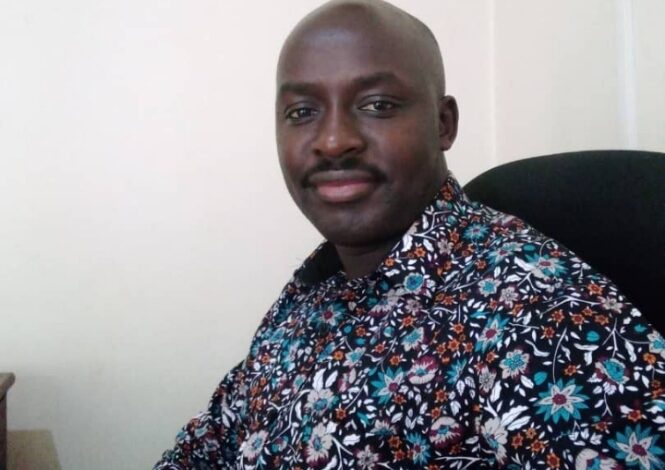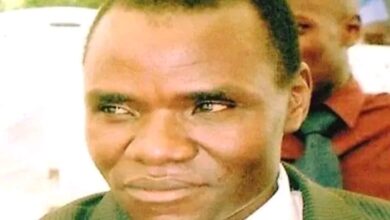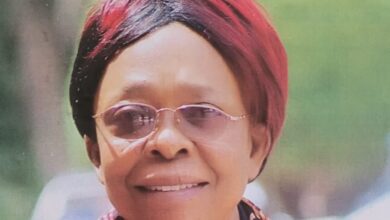Uganda’s politics: a story of stability and progress
The construction of major infrastructure projects like the Kampala-Entebbe Expressway and the Isimba Dam has further boosted economic growth.

Op-Ed: Uganda, a country once plagued by political instability and conflict, has made significant strides in recent decades.
The National Resistance Movement (NRM), led by President Yoweri Museveni, has been at the helm of this transformation. Since coming to power in 1986, the NRM has prioritized economic development, infrastructure growth, and social progress.
Economic Development
Uganda’s economy has grown steadily under the NRM’s leadership, with the country becoming a key player in regional trade and commerce.
The government has implemented various economic reforms, including liberalization and privatization, to create a favorable business environment. This has attracted foreign investment and boosted economic growth.
Infrastructure Development
The government has invested heavily in infrastructure development, including roads, bridges, and energy projects. This has improved connectivity, facilitated trade, and enhanced the overall business environment.
The construction of major infrastructure projects like the Kampala-Entebbe Expressway and the Isimba Dam has further boosted economic growth.
Social Progress
The NRM has implemented various programs aimed at improving healthcare, education, and gender equality. Uganda has made significant progress in reducing child mortality rates, increasing access to education, and promoting women’s empowerment.
The government has also implemented initiatives to improve access to clean water and sanitation, leading to a significant reduction in water-borne diseases.
Agriculture
The government has prioritized agriculture, recognizing its importance in rural development and food security.
Initiatives like the National Agricultural Advisory Services (NAADS) have improved farmers’ productivity and incomes. The government has also invested in irrigation schemes and agricultural research, further boosting agricultural productivity.
Regional Integration
Uganda has made significant progress in promoting regional integration, playing a key role in the East African Community (EAC) and the African Union (AU).
The country has also been a key player in regional peace and security initiatives, contributing troops to regional peacekeeping missions.
In conclusion, Uganda’s politics have come a long way since the country’s tumultuous past. The NRM’s leadership, under the wise leadership of President Museveni, has prioritized economic growth, social progress, and regional integration, making Uganda a shining example of stability and progress in the region.
As the country continues to face challenges, the government remains committed to promoting economic development, social justice, and political stability.
The author is Bagarukayo Abdul, the NRM cadre/political thinker.
Disclaimer: As UG Reports Media LTD, we welcome any opinion from anyone if it’s constructive for the development of Uganda. All the expressions and opinions in this write-up are not those of UG Reports Media Ltd. but of the author of the article.
Would you like to share your opinion with us? Please send it to this email: theugreports@gmail.com.






